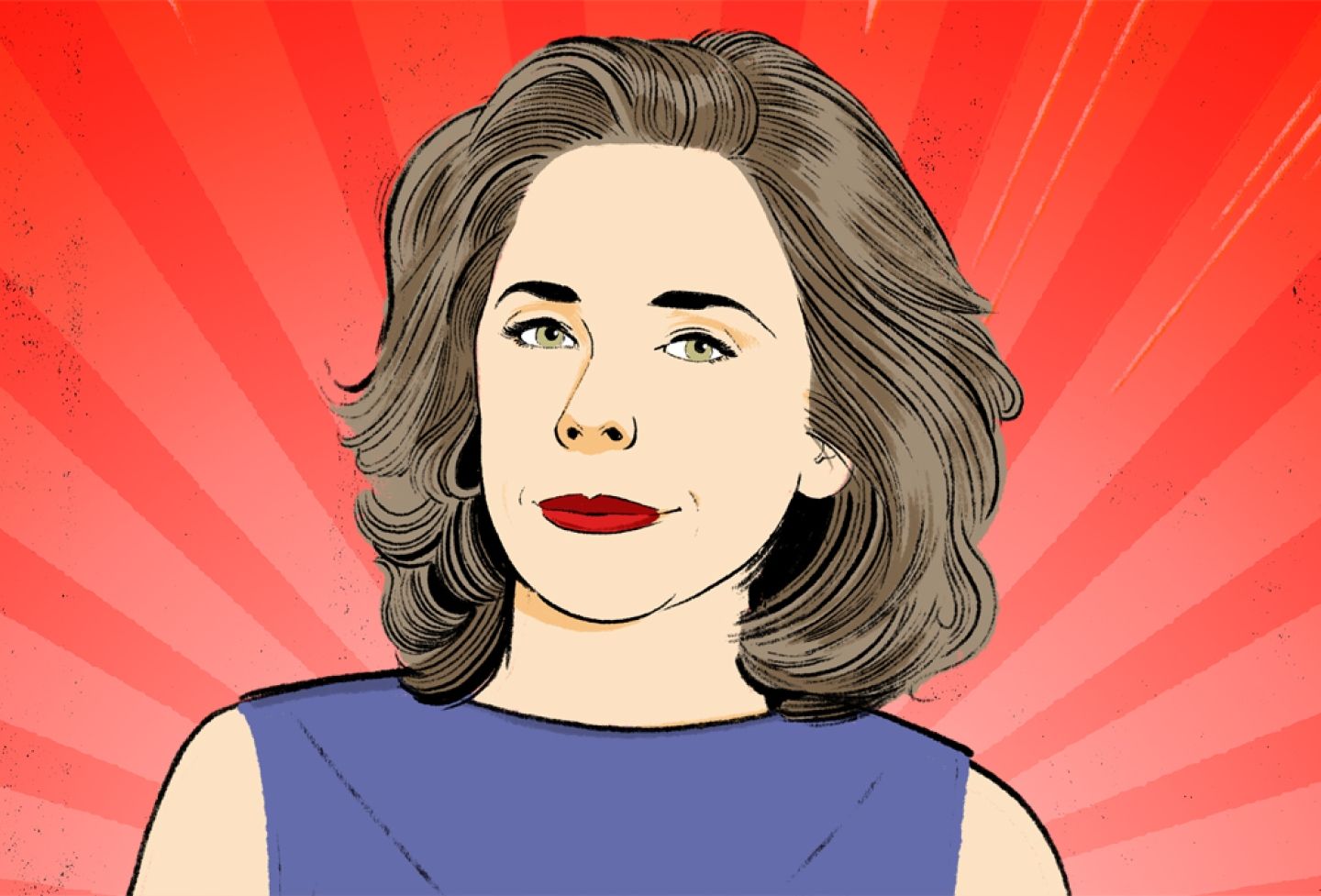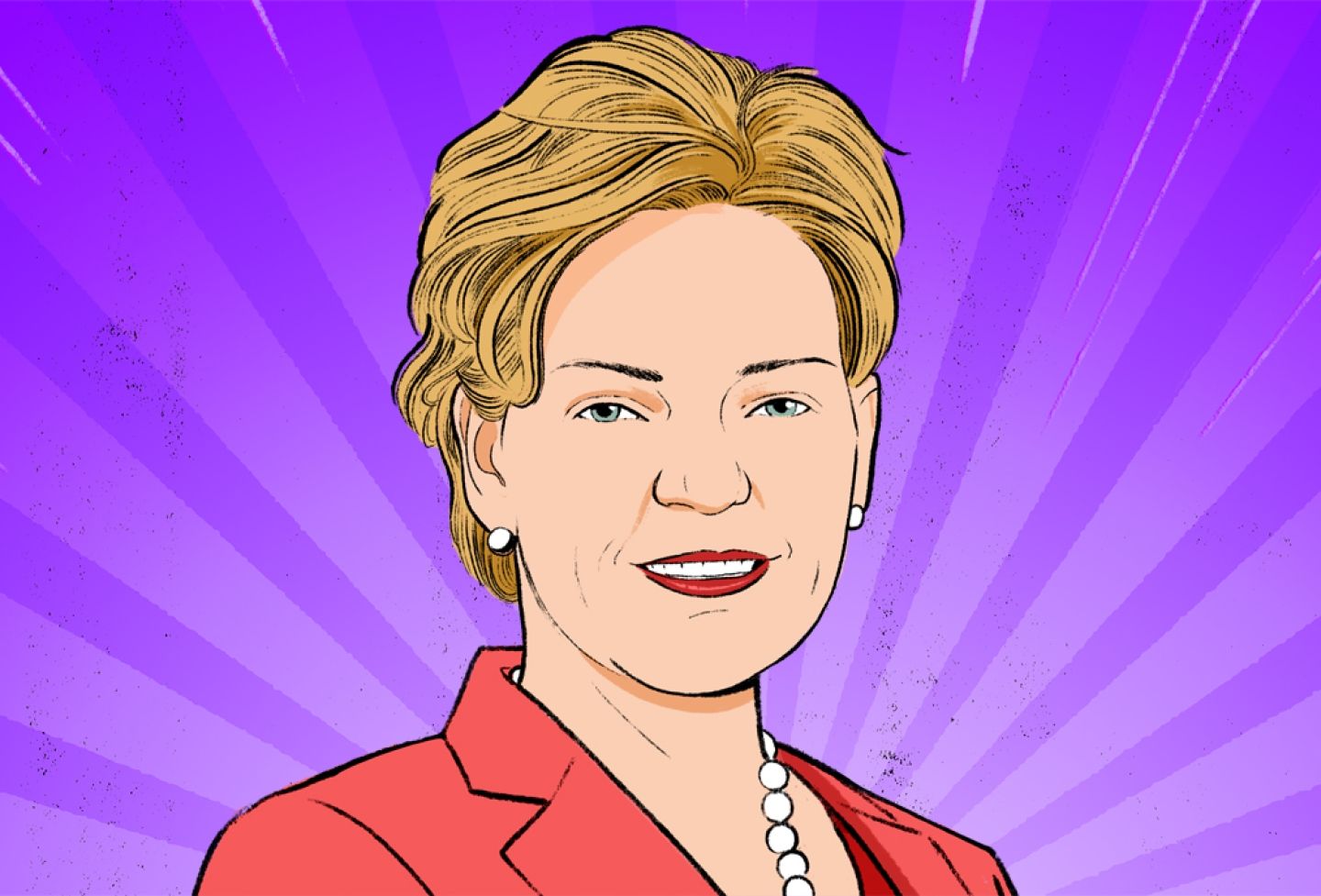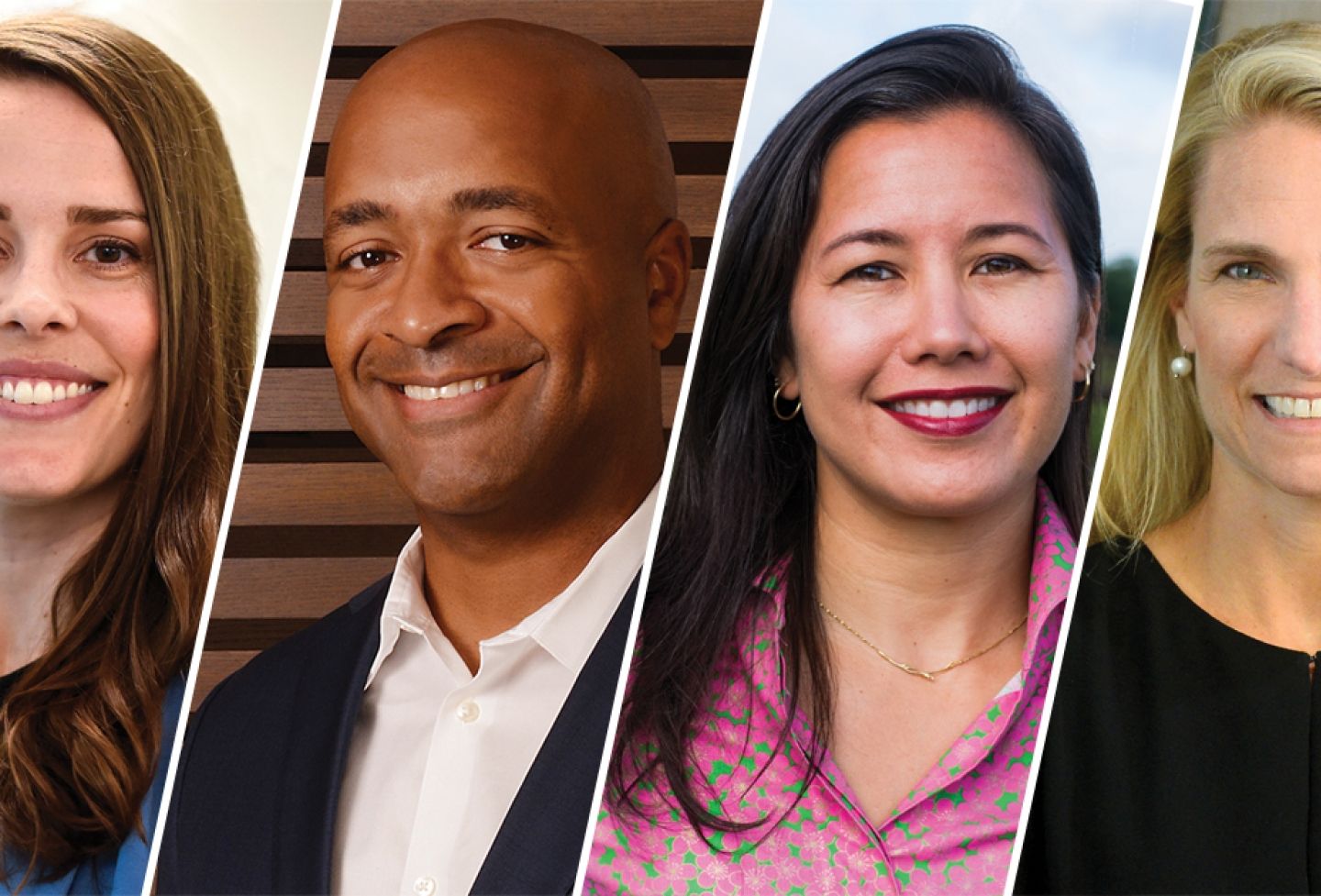Elissa Cadish helped make history when she and two other female justices were elected to the Nevada Supreme Court, giving women four out of the seven seats.
She previously served as a judge for the Eighth Judicial District Court of Nevada, a lawyer representative to the U.S. District Court, and at the Las Vegas firm Hale Lane Peek Dennison & Howard.
What was a challenge in your career you overcame?
I had decided, early in my career, back when I was a law clerk right after law school, that I ultimately would want to be a judge down the road. But in Nevada, state court judges are elected, as they are in many states. I’ve never been political, and I’ve never been involved in any campaigns. The idea of going out and campaigning and talking about myself was a pretty scary prospect. But ultimately, I decided, if I really wanted to be a judge, and this was my goal, then this was the process.
I had the benefit of being initially appointed to an open seat in 2007 as a district judge in Clark County. But I then had to run in 2008 for a full sixyear term to keep my seat. And it was definitely outside my comfort zone to have to do that. But I just got to the point that I was determined that I really wanted to be a judge and felt that this was where I should be. So I had to learn to campaign, and meet and talk to people and get comfortable talking about myself and talking to strangers and crowds, which was not an easy thing for me.
What about your clerkship experience inspired you to be a judge?
The judge who I clerked for, Judge [Philip] Pro, is now a retired U.S. district judge in Las Vegas. He was the model of the perfect public servant because he would work hard, he was prepared for every hearing and would always follow the law, but he was also aware of the practical implications of his decisions. And he was always in control in his courtroom, but without ever being rude or condescending to anybody. He was also active out in the community and not just going to work and going home.
I could see the difference that he made in the courtroom, the way the lawyers respected him and treated him. And I just decided that I wanted to do that. Also, I saw that it really suited my personality to be a neutral person, to consider both sides of the issue, to decide what the right outcome should be. I really enjoyed that role as well. So all of that came together.
I grew up on the East Coast in New York and New Jersey. I was never further west than Chicago in my whole life when I accepted the two-year clerkship, but came to Las Vegas, ended up seeing opportunity, met my future husband, and built my career and my life here in Nevada, which is certainly not something I ever thought was going to happen. But by taking advantage of the opportunities that were presented, I achieved success. And it’s really been a pleasure to be a part of Nevada for all these years and appreciate what I’ve gained by being willing to take that chance.
What makes for a good judge?
Partly, you have to have the kind of personality where you don’t leap to conclusions with the first thing you hear. You have to be able to sit back and consider all sides, all arguments—what is the applicable law, what evidence has been presented—in order to really think about it and analyze it to reach the right conclusion under the law. And also, you have to be the kind of person who can separate what your own personal feelings may be from what the law requires in order to apply the law fairly and consistently and uphold the rule of law. So you have to be able to compartmentalize to do that. You have to be able to stay calm and inspire respect by treating others with respect. And of course, you have to work hard and make sure that you’re looking into the legal issues to reach the right conclusion.
What took you from lawyer to leader?
I think it’s a combination of the fact that I work very hard and take my job very seriously, and it’s about integrity as a lawyer and obviously as a judge. I stand by my word. If I tell you I’m going to do something, I’m going to do it. And I’m not going to lie, ever, about anything that happened or try to backtrack on an agreement that I make with someone.
And as a judge, to have the courage to make a decision, even if it’s a tough decision, even if it may be politically unpopular, I have to be willing to make that call because that’s my job. And I think that I earned the respect of the legal community and, eventually, the community at large by being willing to do so and having that courage of my convictions.
More ‘From Lawyer to Leader’ Stories
- Sarah Baker ’04, president and executive director, We The Action
- Nancy L. Buc ’69, former chief counsel, FDA
- Terrica Ganzy ’02, deputy director, Southern Center for Human Rights
- Barbara Jeremiah ’77, former executive vice president, ALCOA
- Jennifer McClellan ’97, Virginia state senator
- Catharina Min ’90, partner, Covington & Burling
- Susan W. Murley ’86, co-managing partner, WilmerHale
- Heather Podesta ’97, founder and CEO, Invariant
- Mary Ellen Powers ’80, partner-in-charge, Jones Day Europe



